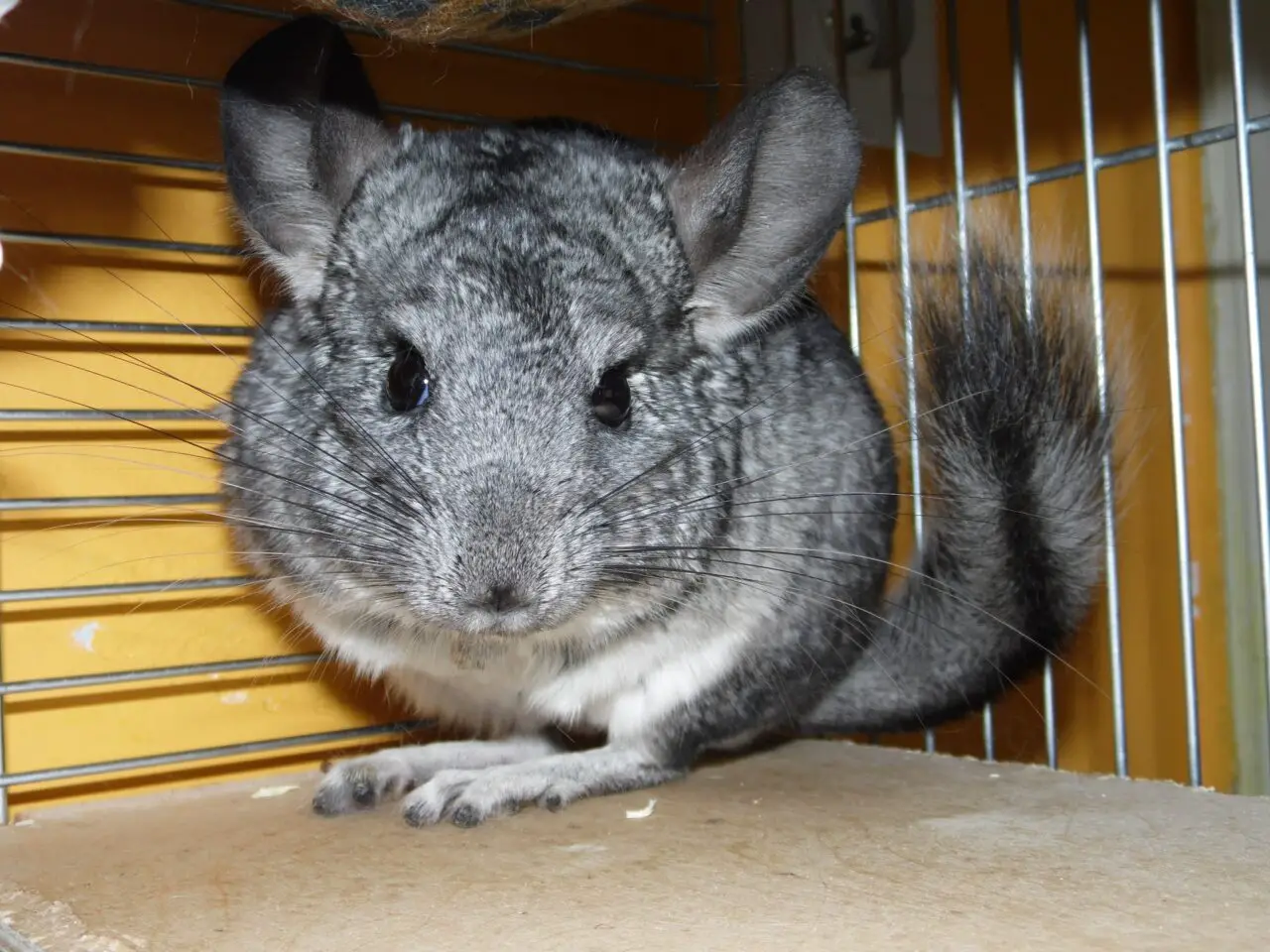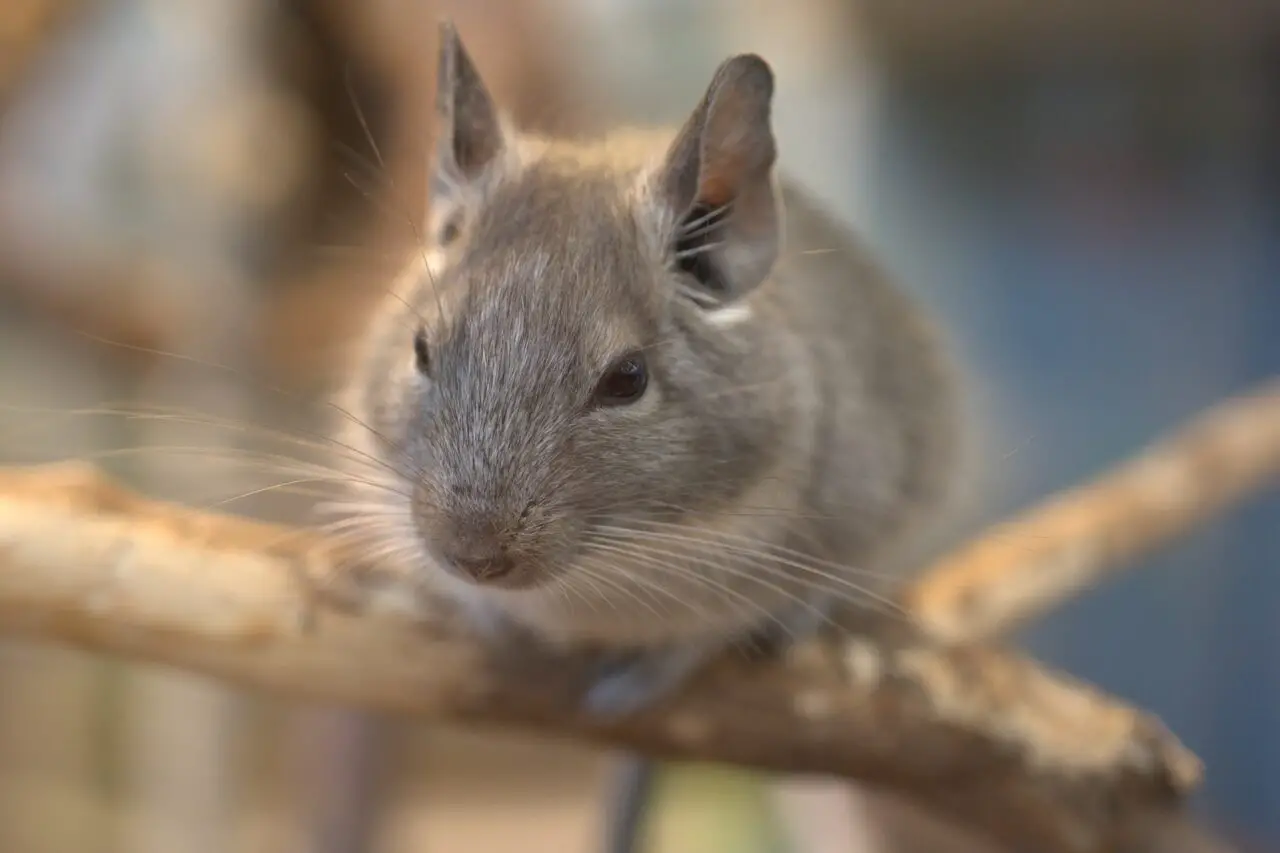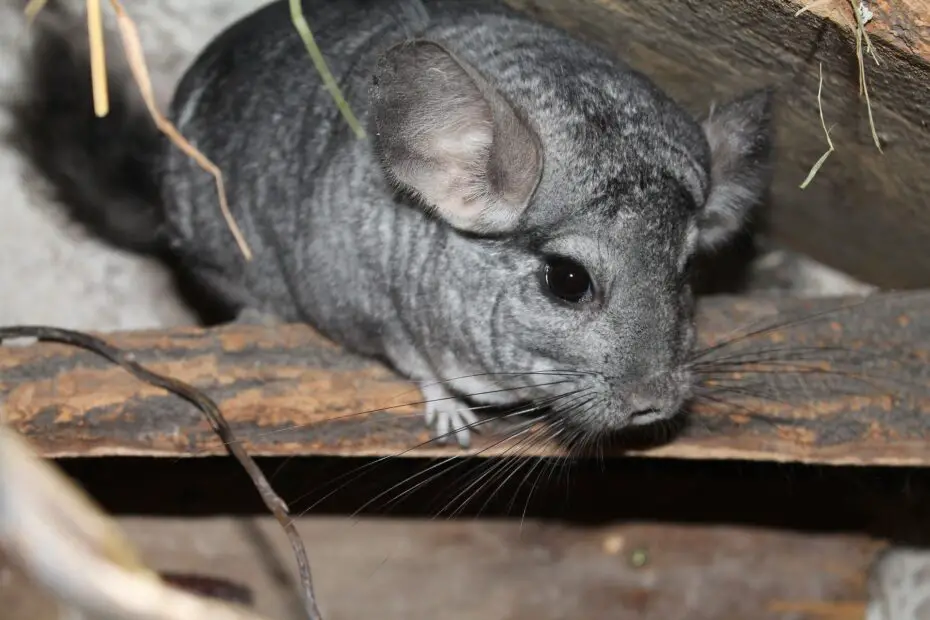1. Introduction
Chinchillas, with their soft fur and lively personalities, have become beloved pets for many. As responsible chinchilla owners, it is essential to understand their lifespan and the factors that can influence it. In this article, we will delve into the world of chinchilla lifespan, exploring their average lifespan, the factors affecting their longevity, proper care practices for promoting a long and healthy life, common health issues to be aware of, and tips for enhancing their lifespan through enrichment and social interaction.
If you want to read more about rodents, read here.
2. Understanding Chinchilla Lifespan
Chinchillas, native to the Andes Mountains of South America, have a lifespan that can vary depending on several factors.
2.1 Average Chinchilla Lifespan
On average, chinchillas have a lifespan of 10 to 15 years. However, with proper care and attention, some chinchillas have been known to live up to 20 years or more. It’s important to note that individual variations exist, and not all chinchillas will reach the upper limits of their lifespan.

2.2 Factors Affecting Chinchilla Lifespan
Several factors can influence the lifespan of chinchillas. Genetics, diet, housing conditions, veterinary care, and overall stress levels play a significant role in their longevity.
3. Proper Care for Longevity
Providing the right care and environment is crucial for ensuring the long and vibrant lives of chinchillas. Let’s explore the key aspects of chinchilla care that contribute to their lifespan.
3.1 Nutrition and Diet
A balanced and appropriate diet is vital for chinchillas’ health and longevity. Their diet should primarily consist of high-quality hay, supplemented with chinchilla pellets, fresh vegetables, and limited treats. Avoiding foods that are high in sugar, fat, or contain harmful additives is crucial for their well-being.
3.2 Housing and Environment
Creating a suitable living environment for chinchillas is essential. They thrive in spacious cages or enclosures that allow for exercise and exploration. Providing platforms, tunnels, and safe chew toys within their habitat helps to stimulate their natural behaviors and prevent boredom. Additionally, maintaining proper temperature and humidity levels in their environment is important for their overall health.
3.3 Veterinary Care
Regular veterinary check-ups are crucial for monitoring the health of chinchillas and identifying any potential issues. Vaccinations, preventive treatments for parasites, and dental examinations are essential components of their healthcare routine. Should any health concerns arise, seeking prompt veterinary attention is crucial to ensure early detection and proper treatment.
4. Common Health Issues
While chinchillas are generally hardy pets, they can be susceptible to certain health issues. Being aware of these common conditions can help chinchilla owners provide appropriate care and seek veterinary assistance when necessary.
4.1 Dental Problems
Chinchillas have unique dental anatomy, with continuously growing teeth. If their teeth become misaligned or overgrown, it can lead to dental issues such as malocclusion or tooth root elongation. Regular dental check-ups and providing appropriate chew toys and hay for natural wear-down of their teeth can help prevent and address these problems.

4.2 Respiratory Issues
Chinchillas are prone to respiratory infections, particularly when exposed to drafts, high humidity, or poor air quality. Symptoms of respiratory issues include sneezing, coughing, nasal discharge, and labored breathing. Maintaining a clean and well-ventilated environment and avoiding exposure to irritants can help reduce the risk of respiratory problems.
4.3 Gastrointestinal Disorders
Chinchillas have sensitive digestive systems, and dietary imbalances or sudden changes in their diet can lead to gastrointestinal disorders. Common issues include diarrhea, bloating, and gastrointestinal stasis. Providing a proper diet, ensuring access to fresh water, and gradually introducing new foods can help maintain a healthy digestive system.
5. Enhancing Chinchilla Lifespan
While we cannot control all factors influencing chinchilla lifespan, there are steps we can take to enhance their overall well-being and longevity.
5.1 Exercise and Mental Stimulation
Chinchillas are active animals that require regular exercise and mental stimulation. Providing a large exercise wheel, tunnels, and supervised out-of-cage playtime in a safe and chinchilla-proofed area can help fulfill their natural instincts and promote physical and mental well-being.
5.2 Social Interaction
Chinchillas are social creatures and thrive on companionship. Providing opportunities for social interaction with their human caregivers or other chinchillas can help prevent loneliness and contribute to their overall happiness and longevity. However, introductions should be done gradually and under supervision to ensure compatibility and reduce stress.
5.3 Handling and Stress Management
Proper handling and minimizing stress are crucial for the well-being of chinchillas. Gentle and respectful handling techniques, avoiding sudden loud noises or disruptions, and providing a quiet and secure environment can help reduce stress levels and promote a longer and healthier life for these delicate creatures.
6. Conclusion
In conclusion, understanding and implementing proper care practices are key to nurturing the long and vibrant lives of chinchillas. By focusing on nutrition, suitable housing, veterinary care, and stress reduction, we can enhance their overall well-being and lifespan. Regular monitoring of their health, prompt veterinary attention when needed, and providing a loving and enriching environment are essential for ensuring that our chinchilla companions lead happy and fulfilling lives.
FAQs (Frequently Asked Questions)
- Q: How long do chinchillas live on average? A: On average, chinchillas live between 10 and 15 years. However, with proper care, some chinchillas can live up to 20 years or more.
- Q: What should I feed my chinchilla for a healthy diet? A: A healthy chinchilla diet consists of high-quality hay, chinchilla pellets, fresh vegetables, and limited treats. Avoid sugary or fatty foods that can negatively impact their health.
- Q: Can chinchillas live alone, or do they need companionship? A: Chinchillas are social animals and thrive on companionship. While they can live alone, providing opportunities for social interaction with humans or other chinchillas is beneficial to their well-being.
- Q: How often should I take my chinchilla to the veterinarian? A: It is recommended to schedule regular veterinary check-ups for your chinchilla at least once a year. These check-ups allow for preventive care, early detection of any health issues, and the opportunity to discuss any concerns or questions with a knowledgeable veterinarian.
- Q: Are chinchillas prone to any specific allergies? A: Chinchillas can be sensitive to certain environmental factors and substances. Common allergens for chinchillas include dust, pollen, certain types of bedding materials, and strong odors. It is important to provide a clean and well-ventilated living environment to minimize the risk of allergies.
